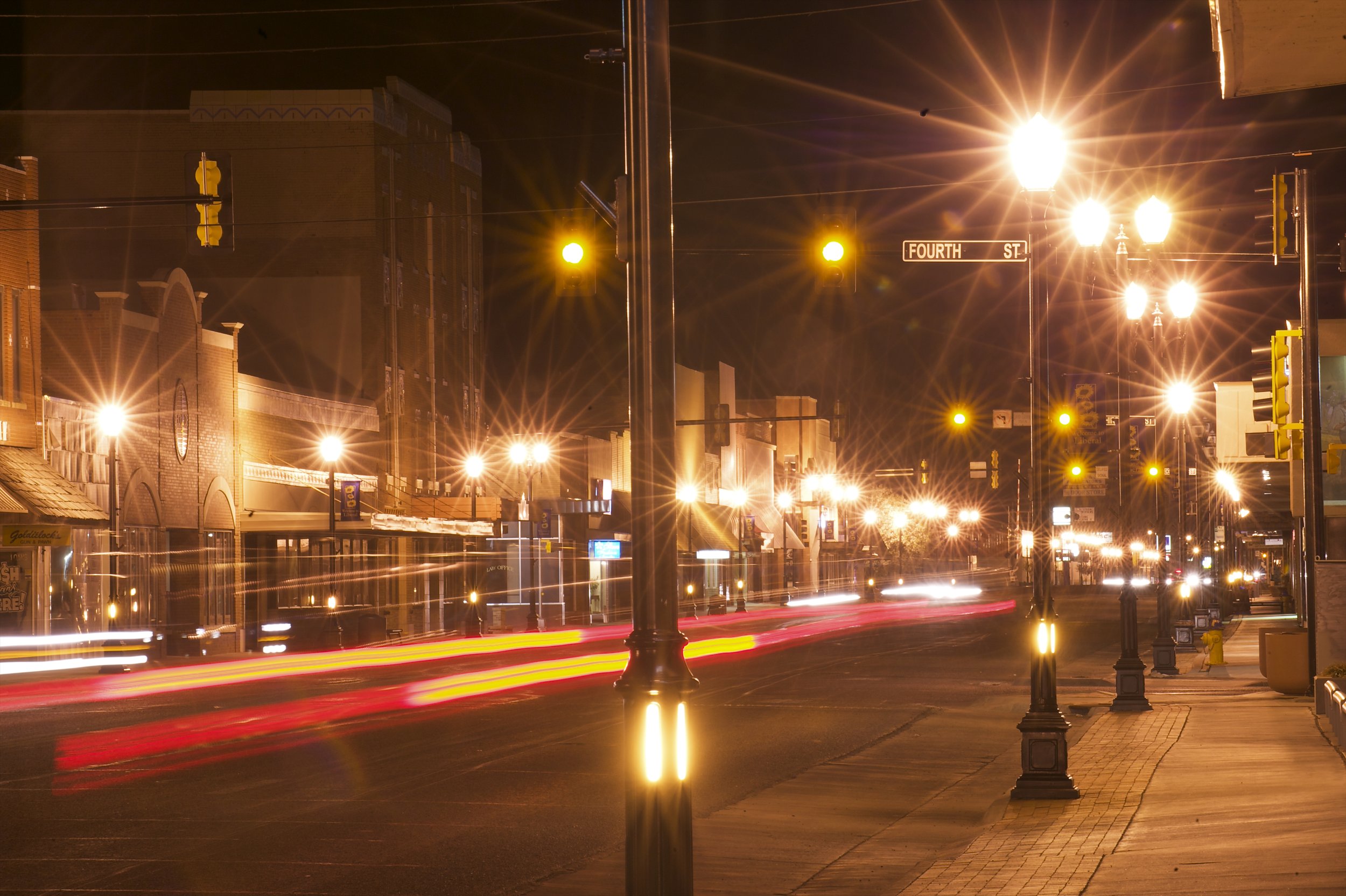The 6 Craziest Things Light Pollution Has Pushed Us to Do
Written By Lindsay DeMarchi; Edited by Valerie Blaine
Photo by Jim Richardson
This week, we’re doing a countdown of the ways light pollution has permeated our everyday lives, sometimes driving us to make drastic life changes. As humans are very adaptable by nature, you may have never noticed that you too adjust your life to accommodate pollution! Enjoy our top six countdown, and see how many you do too!
6. Sleeping with a Mask On
Okay– this one sounds like no big deal. But is it? After all, why should you have to simulate night time at night time? Next time you put your mask on to get some beauty sleep, ask yourself where that intrusive light is coming from. Is it a streetlamp directly outside your window? Do your neighbors keep their lights on all night?
Bonus round: what do animals in the trees in your yard experience?
5. Buying Double Blinds
You’ve bought yourself a house or apartment and you considered location, location, location. But when your night settles in you realize there is an outpouring of lamplight light from your surroundings that you had not considered.
At this point, what’s another couple dollars to make your oasis perfect again? You buy a couple double blinds and the problem is solved. Perhaps in this moment, you don’t realize that you’ve made a sacrifice, simply because it’s easy for you to adapt.
At the IDA, we’ve noticed that when one person is needing to buy double blinds, the entire block or apartment complex has them too. From this perspective, it’s not a single person, i.e. you, being overly-sensitive about your beauty sleep. Chances are more than likely if you feel there is a problem with the light, your neighbors do too!
In terms of efficiency, it’s not simply your problem to adjust anymore. The most efficient solution is to change the light source, rather than asking families to pay out of pocket for their individual needs.
4. Rearranging the furniture
If you have a beautiful mountain view or a stunning sunset spot, you probably angle your couch towards the window. A friend of the chapter was driven by a parking lot to arrange his furniture for the opposite reason.
The light pollution pours into his windows each night so he has angled his couches away. He’s even covered his bedroom window with a giant, empty frame, and explained to us that at night he moves his laundry hamper to block out the light further.
I challenge you to investigate if you adapt similarly without even thinking. Do you cover your window with an additional bedsheet? For many of us, it’s actually a subconscious way of adapting to our environment. Yet in reality, it is a case of misused lighting.
3. Getting involved in politics
Yep, I used to be your average 20-something year old with eyes on living a private life scowling at politicians from afar with no interest in policy. Now I volunteer my time with the IDA and talk to strangers.
I hear you arguing that it’s a good thing to be involved, or to give back to the planet in some way, and I agree!
My story isn’t the only one, though. A cobbled together group of local citizens makes up our IDA chapter. We support one another in educating, passing ordinances, and writing social media posts to unlearn our neighbors of this behavior for the good of the planet, our wallets, and nocturnal animals. You can join the effort here.
2. Moving
Yes- straight-up moving. Our chapter was contacted with a case from a couple in Springfield, MO. A local business’s lights were becoming unbearable at night. (Remember- solving light pollution isn't about removing light completely, but rather helping others using it correctly and efficiently!)
The couple was at such a loss that they considered moving house entirely to escape the light at night. Though conversations are still underway, it is a stark example of too much of a “good thing” causing damage and stress.
1. Removing a Window
Yes, you read that right. One of our committee members was moved by a case in which the light overspill from the neighborhood was so unbearable the homeowners actually bricked over a window in their living room.
Before it gets to that point, contact your local IDA chapter for some support in talking to the town about setting ordinances. We have some guidelines here that can help you!

